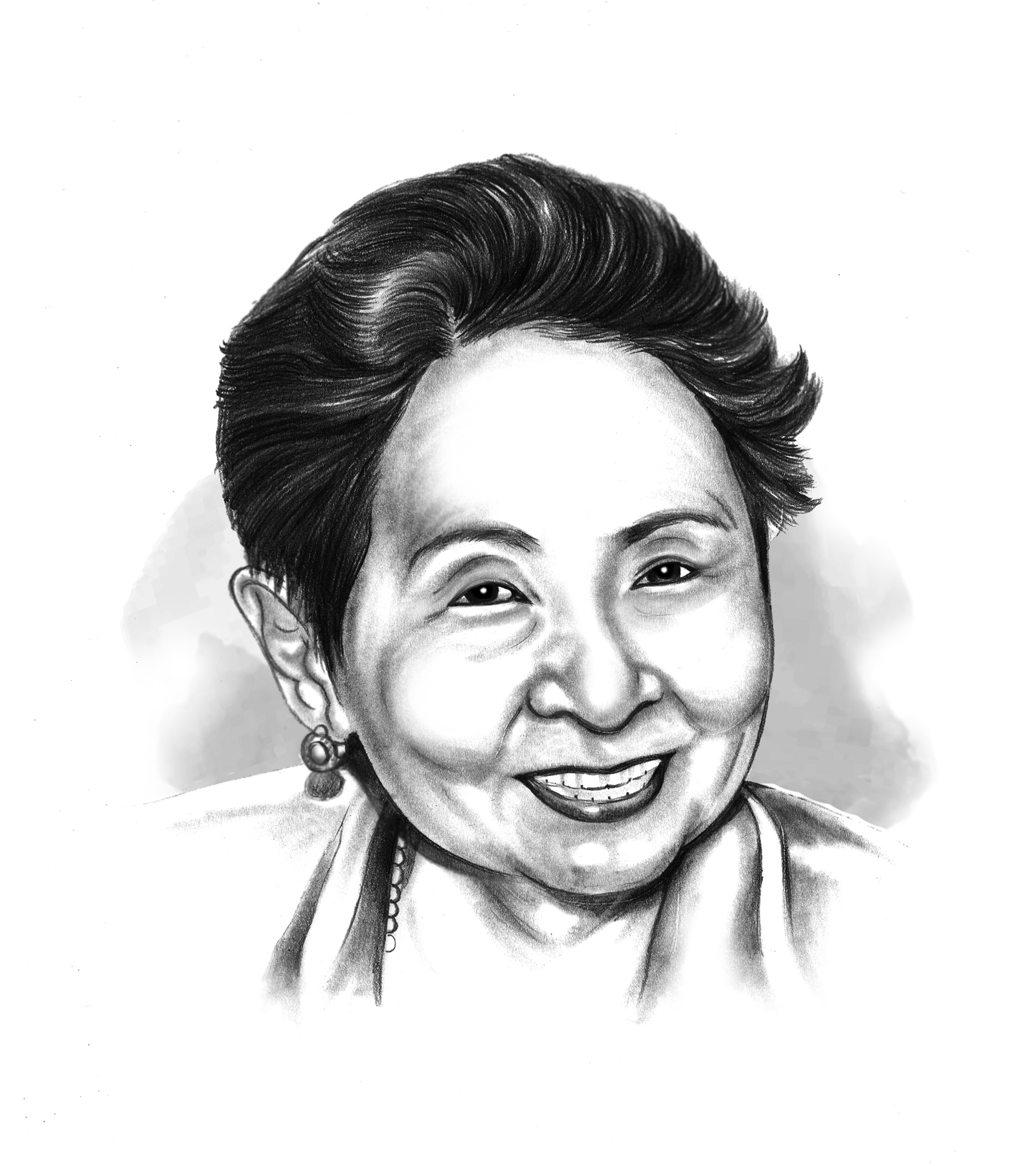PAGBABAGO

My latest book, “TAGPO: Right Place, Right Time” which was launched a month ago, is dedicated to youth communicators, and specifically to community journalists, the intended beneficiaries of proceeds from book sales, paintings, and a modest sum I had set aside for scholarships and internships.
The book is a joint project between myself and the Asian Institute of Journalism and Communication which had assisted in the books funding and production and which will also be a partner in the implementation of a scholarship fund.
We had set a target of supporting the tuition and other school and internship fees for five students who will enroll in a selected university in five regions of the country. At present, we are in the process of putting together information needed to register it with the Securities and Exchange Commission, identifying network schools, criteria for selection, and clarifying objectives. We hope that we shall have selected the scholars by the first school semester next year.
It is now clear that if journalism is to play an important role in national development, it must focus on where it is most needed – the local communities that are in the process of decentralizing. Last year, the share of national government tax revenues transferred to local governments increased, as required by the Mandanas ruling. This had posed challenges and opportunities for hastening and improving decentralization.
This would hopefully address inequalities in financing resources among LGUs, or the local government units, and improve their capacities as well as enhance transparency. It would improve citizen participation which is crucial in decision-making. But there is obviously a lack of a national policy on participatory governance and insufficient monitoring platforms and citizen participation. Thus, the need to push for a national policy as well as assurance that we have trained communicators who can mediate in mobilizing citizen participation. They can also serve as “watchdogs” for effective governance.
Thus, the real challenge is that of providing the necessary moral and physical support that would ensure protection to our community journalists. Schools can provide theoretical and practical information that would upgrade their cognitive, facilitative, and communication skills. In the country which has experienced a high percentage of physical violence mostly among our courageous community journalists, schools and citizens groups can intervene through training and other means of upgrading physical and intellectual skills. These, government and similar protective mechanisms would reduce their vulnerability.
The challenges they face are many – the possibility of capture by elite groups, corruption in procurement of government resources, and the overall inadequacy of mechanisms for holding government accountable. Not to mention the continuing rise of disinformation. All these factors require better flow and transparency in information and trained community journalists who are able to meet these challenges. ([email protected]